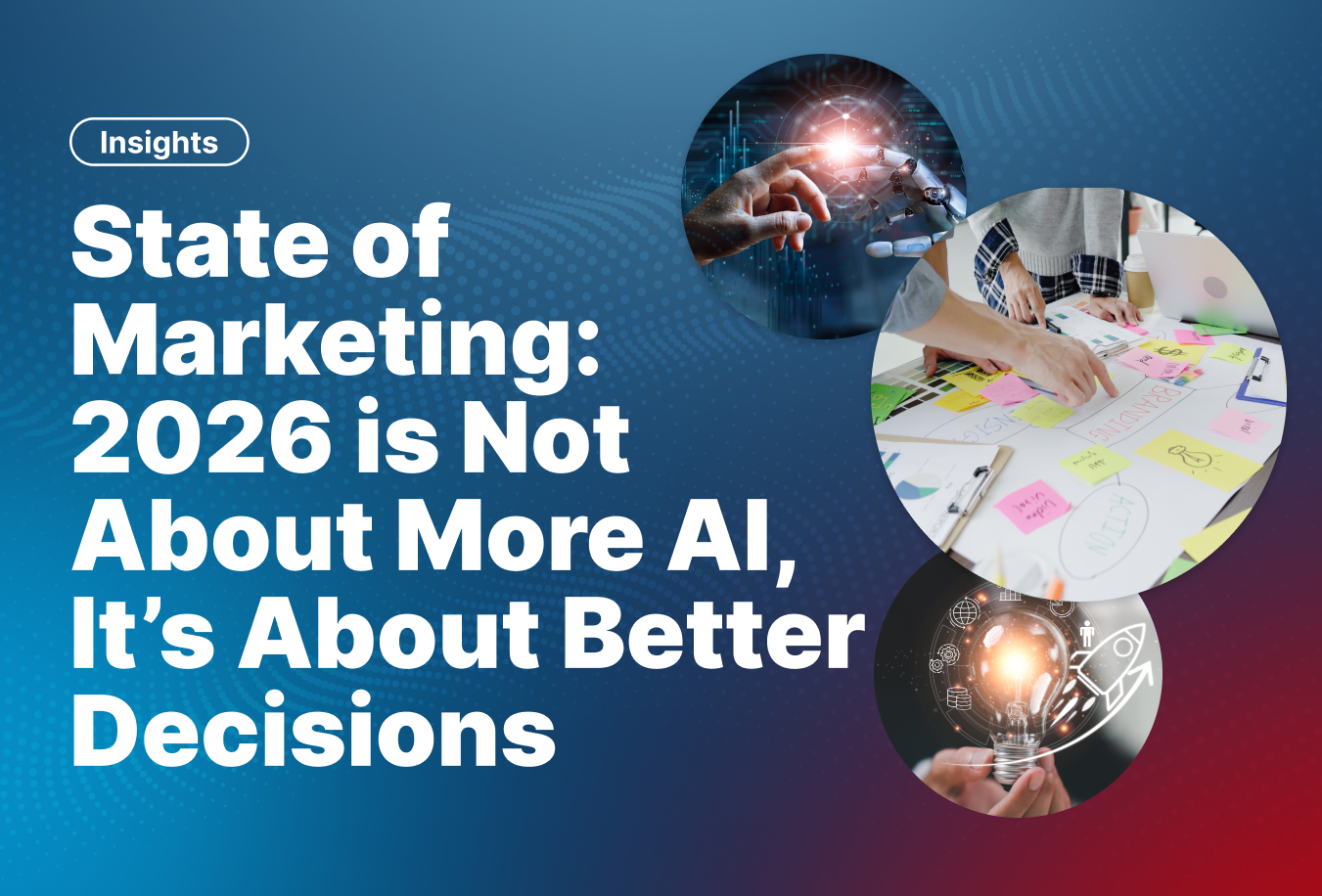SBC Summit Lisbon 2024: Sir Tim Berners-Lee Talks Data Sovereignty
.jpg)

Day one of the SBC Summit 2024 in Lisbon kicked off with a very special appearance from digital royalty. Sir Tim Berners-Lee, the inventor of the World Wide Web, spoke to attendees in a keynote address covering myriad topics - centered around data privacy and user empowerment - under a broad umbrella of ‘the future of the Web’.
Sir Tim Proud of Collaborative Frameworks - But Concerned About Social Media
Sir Tim spoke about how his vision for the Web had, or indeed hadn’t, been realised as of 2024 - 35 years on from its origins as the side project he took on as an engineer at CERN in 1989.
It is clear Tim remains particularly fiercely proud of and passionate about the collaborative spaces the Web has fostered, naming Github, OpenStreetMap and Wikipedia as eminent examples of transformative experiences.
However, he conceded: “On the other hand, it is clear we have problems. I’d never have imagined some of the unintended consequences of the Web, like the mental health problems of teenagers using social media - and parents having to restrict their internet usage accordingly.”

‘The Digital Divide Has Grown’
Originally conceived as a web of documents, Sir Tim described the early Web as “mostly benign”, with only 10-20% of the population having access to it in its early years.
But, of course it wasn’t long before this usage exploded, with over two-thirds of the world - five-plus billion - currently using the Web as of 2024.
Sir Tim explained: “Every time the Web was expanded - through technological developments in browsers, connection speeds, Javascript developments and so on - it became more powerful. But the digital divide - the difference between those who do and don’t have access to the internet - has also grown over time as that power has increased.”
User Protection Requires Teamwork
Sir Tim has long been an advocate that with such an increase in power, comes great responsibility - particularly in the case of social media companies.
He explained: “Governments and industry all need to work together on user protection. Governments need to enact laws to protect individuals and provide transparent data on their own activities.
“However, industry also has a great responsibility. Some of the social media companies say, ‘All we do is sit back and let humanity communicate.’
“But you look at the algorithms and on some platforms, people are becoming very polarised, and on others, they are not. Companies have a responsibility for testing whether their algorithms will polarise their users. If you read a nasty tweet or angry Instagram post, and hundreds of thousands of others are also seeing that because it’s being accelerated by the algorithm, at that point the company clearly has [something to answer for].
“The spotlight is becoming more and more focused on the people [creating the posts] rather than algorithm [amplifying them].”
Digital Sovereignty & Safeguarding Data
Sir Tim was also speaking in his capacity as co-founder and CTO of Inrupt, a startup built around the web decentralisation project Solid, which ‘aims to radically change the way Web applications work today, resulting in true data ownership as well as improved privacy.’

He used his talk to champion the rights of individuals to be able to access, control and delete their personal data - as well as pointing out the limitations of current data legislation such as GDPR, which “doesn’t say how that has to happen”.
Sir Tim explained: “If the system you’re using has a very strong concept of consent (for example, using your personal data in efforts to cure cancer), that’s ideal; it’s very clear about what data is being stored and used for.”
It’s when this connection isn’t as clear that data privacy and protection can also become murkier. With this in mind, Solid is a framework that allows users to login to with their ID and essentially control and own their own “data wallet”.
AI ‘Must Be Used to Empower Citizens’
It’s this user empowerment that Sir Tim sees as a must-have for the future of the Web, especially with the advancement of AI technology in recent years. He said: “First of all, I’m really excited [about AI]. When I was growing up reading sci-fi novels, I imagined being able to be able to talk to an AI, but never imagined I would be able to.”
There was, however, a cautionary tale to be told: “Equally, powerful tools can be used to do bad things. Fake news, fake images, and so on. That’s a serious issue that we have to find ways of dealing with.
“We do have to worry about making something smarter than ourselves, and how to control that. It’s a serious consideration.”
The Social Responsibility of Digital Companies
On the topic of Web governance more broadly, Sir Tim thinks industry can learn a lot from similar challenges faced in the past:
“Throughout the Web, there’s always been a balance and shared responsibility when it comes to such issues.
“You have to behave in the virtual world and with the same values as this world; it doesn’t mean there’s no good and bad. Governments in the real world are given a mandate to control certain things. But if you’re a company building a virtual world, that is a ridiculous amount of power.”
How the Web Can Thrive in the Future
In what feel like more divisive times than ever, Sir Tim still believes in the fundamental principles the Web was founded on. He concluded: “I want to see worlds where people are collaborative and can understand people across boundaries. Ultimately, I want to see online worlds that are ‘pro-human’.
“During the development of the Web, we’ve always had some things you should watch out for: take care of security and accessibility, for example. But ultimately, if you’re building a system or website, you should always think about how it impacts the digital sovereignty of people. As a user, am I the one in power?
“Empowering individuals and citizens is really important.”
Sir Tim Berners-Lee was one of many high-profile speakers due to speak at the SBC Summit 2024. Get in touch to meet with one of ICS-digital’s team of digital experts - either at the conference or at your leisure.
Similar Posts








